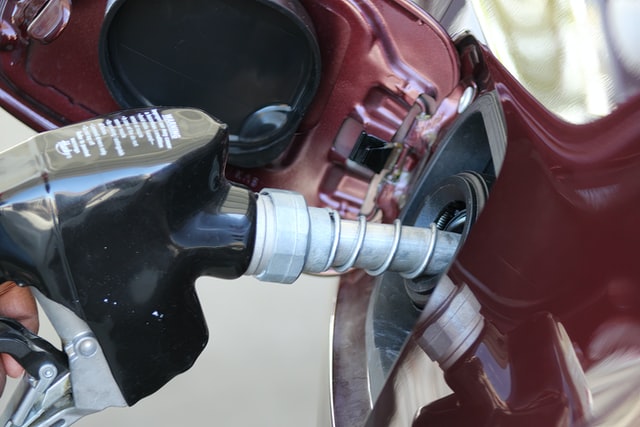Whether it’s their improved fuel efficiency or the promise of a longer lifespan of the vehicle, more and more people are opting for diesel cars. While they may cost more at the outset, diesel-engined vehicles are known for offering more mileage for the price you pay and tend to last longer before experiencing issues. However, this isn’t guaranteed – if you want to keep your vehicle in top shape for longer, it’s important to take care of your engine. Regular maintenance will ensure that your engine not only performs well but can extend its lifespan for years to come. From ensuring that you keep on top of suggested maintenance, to ensuring that you don’t leave warning lights unchecked, here are some of the top things you can do.
Change The Oil Regularly
The engine oil in your vehicle is a crucial component for ensuring that everything runs smoothly, and with minimal wear. The engine oil acts as a lubricant and cushion between the components of the engine and without it, your vehicle would experience grinding, catching and more. It’s important to regularly check the oil for any dirt, debris or low levels. Without sufficient, good quality oil, your diesel engine will likely lose efficiency and could even develop wear and damage over time. Changing the oil every 5000 miles or so will ensure it remains in top condition.
Choose The Right Oil
Changing the oil regularly is just one part of maintaining the engine – the next is ensuring that you use the right oil for your vehicle. The vehicle manual should tell you exactly what oil you need and it’s important to adhere to this in order to keep your vehicle running properly. If you don’t have the manual or are unsure, it’s best to speak to a qualified mechanic in order to get the right oil for the change.
Change Filters
One maintenance task that a lot of people forget is to change the filters on your vehicle. From air filters, to fuel filters, ensuring that they are clear and replaced when needed will help to ensure that they continue working as efficiently as possible. Air filters, for example, can cause excess fuel consumption if not kept clean, as your engine needs to work harder to get the power needed to accelerate. Generally, this should be changed every 12,000 miles or so, but keeping an eye on the filter and having it cleaned can help increase its lifespan and the overall performance of your vehicle. Similarly, fuel filters should be replaced every 10-15,000 miles for optimal efficiency. Some diesel engines, particularly newer models, have two fuel filters, both of which need to be replaced.
Clean Your Engine
Your diesel engine can and will collect dirt and debris as you’re driving around, as well as all kinds of grease and general grime. Keeping your engine clean will not only keep your car in the best condition for longer but will ensure that you can easily see the engine and its components to better determine any leaks or issues along the way. Dirt and road salt can also speed up the rusting process, so regularly cleaning the engine will help to slow down or prevent this process entirely.
Don’t Leave Warning Lights
Warning lights are there for a reason and while it can be tempting to ignore them if the car appears to be driving fine, it’s important that you have your vehicle taken in for any engine repairs as soon as possible. Getting issues fixed as soon as they flag up could save you a lot of money in the long run, particularly if the issue is a small one that could develop into something more serious that might stop the car from running completely.
Allow The Car To Warm Up
The UK is well known for it’s poor and often cold weather and while our vehicles can take a certain amount of icy chills, it’s important that you give your car the chance to warm up before you set off for the day. Different parts of your vehicle will heat up at different speeds, so by allowing them to warm before you set off on the road you can prevent any damage, whether that’s leaks, cracks or something else entirely.
Don’t Let The Car Run On Fumes
Diesel might be more expensive than petrol in most cases, but it’s certainly more efficient and therefore, more cost-effective. However, the cost can often be a deterrent, leading to more and more drivers driving until the very last dregs of fuel. However, this could be doing your engine more damage than it’s worth. Dirt, impurities, dust and debris stack up at the bottom of your fuel tank over time and if used by your vehicle, can cause damage to the engine or make driving an unpleasant experience. Fill up your tank when it is around a quarter full to avoid this.
Keep On Top Of Maintenance
Finally, it’s important that you keep on top of your vehicle’s suggested maintenance schedules. Regular maintenance and services can not only keep the components in top shape but in some cases, even catch worsening issues before they can become a huge problem. Doing your own regular maintenance, such as cleaning your car and checking fluid levels and tyre pressure, will help to keep your vehicle in its best condition, while a mechanic can help you maintain the finer engine components at regular intervals.
For more information about maintaining a diesel engine or to book your vehicle in for a service with our team, please get in touch.

